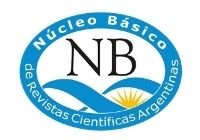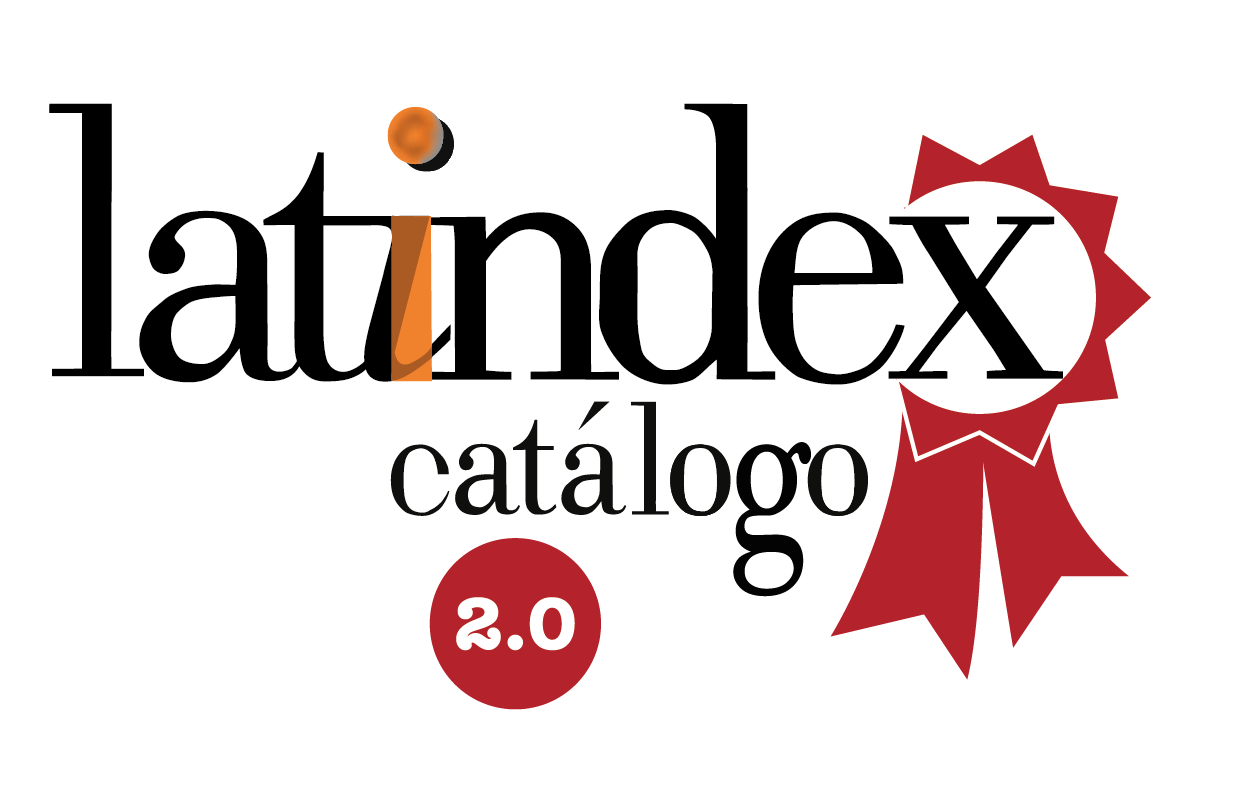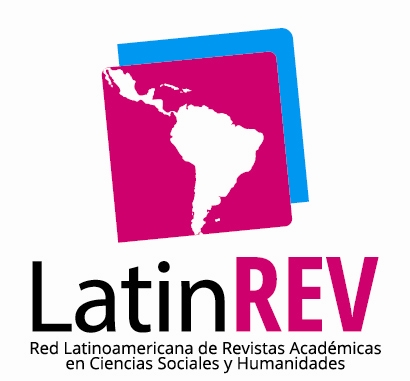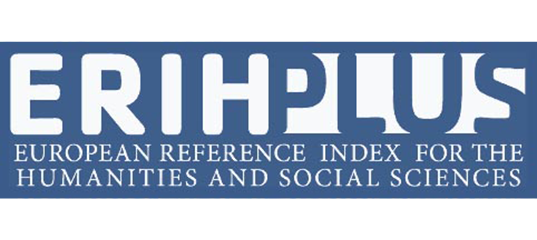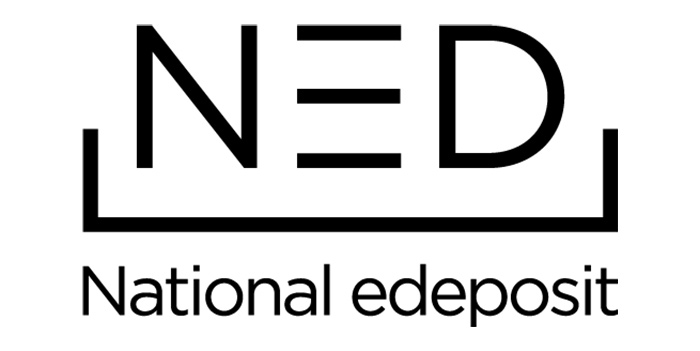Entre irse y quedarse:
un análisis acerca de las elecciones educativas de los sectores medios montevideanos
DOI:
https://doi.org/10.35305/cp.vi18.263Keywords:
Social integration, Education, Middle classAbstract
This research was motivated by the search for answers to questions related to the processes of social integration, in which the choices and decisions of the agents play a leading role. The objectives were oriented to the analysis of the foundations that support the elections of the Montevidean middle class in relation to the educational service provision sector, trying to problematize the possible consequences that migration and the valuation of the public and private in the education, can generate in the processes of social integration. The analysis of the speeches that emerged in the interviews carried out with adult references of adolescents and young people belonging to the Montevidean middle sectors, allowed to delve into their strategies, representations and arguments. This article presents the analysis of the reasons presented by the interviewees in relation to the choice of public school and migration to the private sector at the high school stage. Then it appears that between leaving and staying the middle class doubts. The public involves aspects that invite you to stay, but some flaws motivate you to leave and look for what you no longer find in this area.
Downloads
References
ANEP (2015). Relevamiento de Características Socioculturales de las escuelas públicas del Consejo de Educación Primaria 2005. Recuperado de: http://ceip.edu.uy/documen- tos/2016/varios/Anticipacion_%20resultado_Relevamiento.pdf
Bourdieu, Pierre (2007). “Los tres estados del capital cultural”. En P. Bourdieu (Ed.) Campo del poder y reproducción social. Córdoba, Argentina, Ferreyra Editor, Colección Enjeux,. Bourdieu, Pierre (2011). Las estrategias de reproducción social. Buenos Aires, Argentina, Siglo XXI Editores.
Caetano,Gerardo (2010). Ciudadanía y Nación en el Uruguay del Centenario (1910-1930). La forja de una cultura estatista. Revista Iberoamericana, (39), 161-176
Cea D’ Ancona, María Angeles (2001). Metodología cuantitativa: Estrategias y técnicas de investigación social. Madrid, España, Síntesis.
Criado, Martín (2014). Mentiras, inconsistencias y ambivalencias. Teoría de la acción y análisis de discurso. Revista Internacional de Sociología, (72), 115-138.
De Armas, Gustavo (2017). Reformas sociales y gobiernos de izquierda en Uruguay (2005- 2014). Tercer movimiento de la trayectoria de un estado de bienestar centenario. (Tesis de doctorado). Universidad de la República, Uruguay.
De Azúa, Carlos (1964). El impulso y su freno. Montevideo, Uruguay, Banda Oriental.
Delgado, Juan Manuel y Gutiérrez, Juan (1999). Métodos y técnicas cualitativas de investiga- ción en Ciencias Sociales, Madrid, España, Síntesis.
Dubet, Francois (2007). El declive y las mutaciones de la institución. Revista de antropología social, (16), 39-66.
Dufrechou, Hugo, et al. (2019). El avance privatizador en la educación uruguaya: discursos y políticas. Montevideo, Uruguay, Internacional de la Educación.
Garcé, Adolfo y Yaffé, Jaime (2004). La era progresista. Montevideo, Uruguay, Fin de Siglo.
Häusermann Silja y Schwander Hanna (2009). “Who are the outsiders and what do they want? Welfare state preferences in dualized societies”. Paper prepared for Annual Confe- rence of the American Political Science Association, Toronto. Recuperado de: http://www. mwpweb.eu/SiljaHaeusermann/publications.html
Jenkins, Stephen; Micklewright, John y Schnepf, Sylke (2006). Social segregation in secondary schools: ¿How does England compare with other countries? Discussion Papers, (550), Berlín, Alemania.
Kaztman, Rubén (2001). Seducidos y abandonados: el aislamiento social de los pobres urba- nos. Revista CEPAL, (75), 171-189
Kaztman, Rubén y Retamoso, Alejandro (2006). Segregación residencial en Montevideo: De- safíos para la equidad educativa. Santiago, Chile, Colección Monitor social.
Korpi, Walter y Palme, Joakim (1998). The Paradox of Redistribution and Strategies of Equa- lity: Welfare State Institutions, Inequality, and Poverty in the Western Countries. American Sociological Review, (63), 661-687.
Lanzaro, Jorge y De Armas, Gustavo (2012). Uruguay: Clases Medias y procesos electorales en una democracia de partidos. Montevideo, Uruguay, Udelar. FCS-ICP.
Mancebo, María Ester; Carneiro, Fabricio y Lizbona, Alexandra (2014). La educación ¿un “outsider” de la protección social? Un análisis a partir de las políticas de inclusión educativa en Uruguay (2005-2013). Revista Psicología, Conocimiento y Sociedad, 4(2), 295-323.
Narodowski, Mariano, y Gottau, Verónica (2017). Clases medias y escuela pública. La elec- ción escolar como resistencia. Perfiles educativos, 39(157), 34-51.
Orellana, Victor, et al. (2018). La elección de escuela como fenómeno sociológico. Una revi- sión de literatura. Revista Brasileira de Educação, (23), 1-19.
Rama, German (1987). La democracia en Uruguay. Cuadernos del Rial. Buenos Aires, Argen- tina, Grupo Editor Latinoamericano.
Raveaud, Maroussia y Zanten, Agnes van (2006) Choosing the local school: Middle class parents’ values and social and ethnic mix in London and Paris. Journal of Education Policy, 22(1), 107-124.
Reimers, Fernando (2000). Educación, desigualdad y opciones de política en América Latina en el siglo XXI. Revista Latinoamericana de Estudios Educativos, 30(2).
Sautu, Ruth, et al (2005). Manual de metodología. Construcción del marco teórico, los obje- tivos y elección de la metodología. Buenos Aires, Argentina, CLACSO.
Traversa, Federico (2010). Izquierda, Clase Media y Bienestar en América Latina. Montevi- deo, Uruguay, FCS.
Valles, Miguel (2000). Técnicas cualitativas de investigación social. Reflexión metodológica y práctica profesional. Madrid, España, Síntesis.
Verger, Antonio, et al (2017). La privatización educativa en América Latina: Una cartografía de políticas, tendencias y trayectorias. Bruselas, Bélgica, Education International.
Willms, Douglas (2006). Learning divides: Ten policy questions about the performance and equity of schools and schooling systems. Montreal, Canadá, UNESCO Institute for Statistics.
Van Zanten, Agnes (2007). Reflexividad y elección de la escuela por los padres de la clase media en Francia. Revista de Antropología Social, (16), 245-277.




